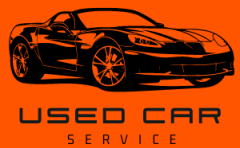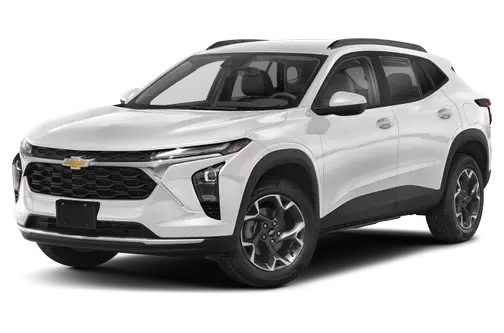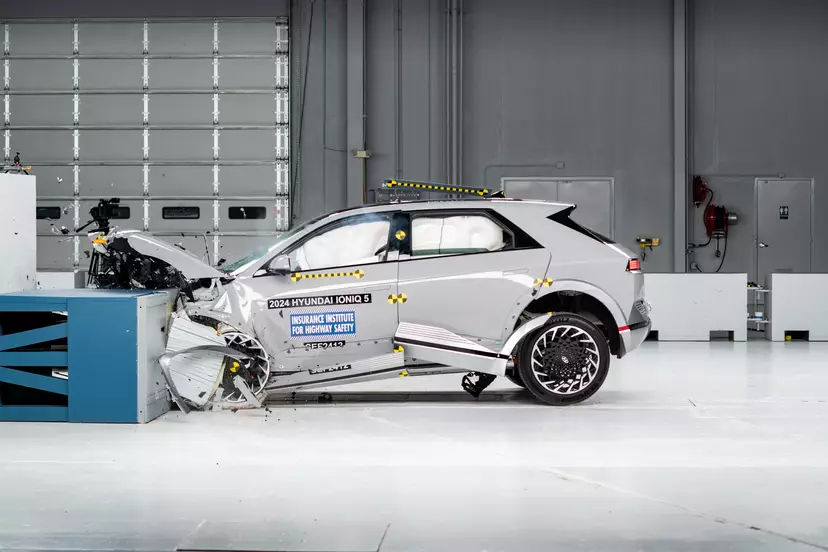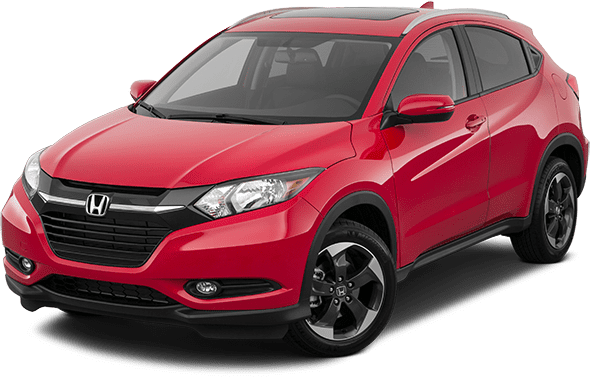How do I buy a car?
Car buying involves several steps that include researching vehicles, browsing inventory, securing financing and negotiating. In order to purchase the right car for you at a fair price, you should first know the type of car you want and how much you want to spend on it. From there, you’ll need to identify models that fit your budget and preferences, then search inventory for potential options. After that, it’s wise to secure financing prior to visiting the dealership. You’ll then need to inspect the car, test drive it and negotiate the sale.
What car should I buy?
The right car for you depends on many factors, including your wants, needs, lifestyle and budget. After taking time to think about these areas, we can help you identify models that work for you.
When is the best time to buy a car?
Shoppers looking for the best deal on a new car are typically advised to wait until the end of the year when automakers offer their most generous incentives. Additionally, automakers usually offer deals around Memorial Day, 4th of July, Labor Day and Black Friday. However, the ongoing inventory shortage and supply chain issues have forced automakers to scale back on incentives in recent months.
Depending on who you ask, the average miles driven per year is 10,000 to 15,000, with around 12,000 the most common measurement. What’s more important, though, is knowing how well the car has been maintained so that you can estimate how many miles it has left.
What should I look for when buying a car?
There are some basic checks and tests you can perform on a used car that should help you identify whether it has certain problems. Some tasks you can perform yourself include reading the vehicle history, looking at the title, checking for rust or frame damage, inspecting fluids, looking for dashboard warning lights, testing various features and looking over its maintenance history. It’s also recommended to have a trusted mechanic perform an inspection before you buy the car.
















